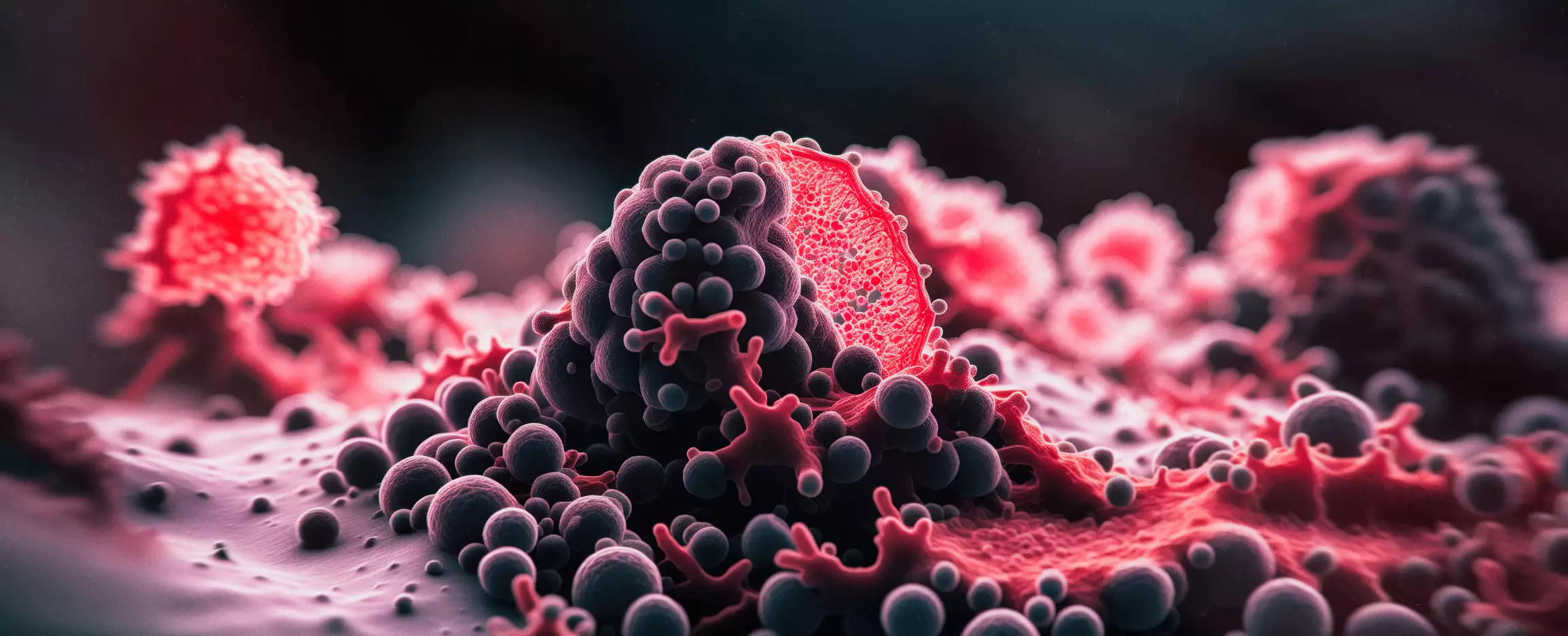Despite the extensive research efforts that have been dedicated to understanding cancer, it is still a complex disease with many unknowns. The classical theory of cancer development has long revolved around genetic mutations being the primary cause of the disease. However, a recent study published in Nature has shed light on a new theory that challenges this conventional belief. This theory suggests that epigenetic changes, rather than genetic mutations, could play a significant role in the development of cancer.
The classical theory of cancer posits that DNA mutations are responsible for the transformation of normal cells into cancer cells. This theory has been supported by extensive experimental evidence over the years. However, it has limitations when it comes to developing targeted therapies, as genetic mutations are often irreversible. On the other hand, the epigenetic theory proposes that reversible epigenetic changes, which involve adding “marks” to the genome to regulate gene expression, can also lead to the development of cancer.
Epigenetic changes are distinct from genetic mutations in that they do not involve altering the DNA sequence itself, but instead modify how genes are expressed. These changes are reversible and can have a profound impact on the behavior of cells. While epigenetic marks were previously thought to be transient and insignificant in cancer development, recent studies have shown that cancer cells accumulate epigenetic alterations that promote cell survival as effectively as genetic mutations do.
The discovery that temporary changes in epigenetic marks can lead to cancer, even in the absence of genetic mutations, opens up new possibilities for cancer treatment. Epigenetic therapies, which aim to reprogram cancer cells by altering the distribution of reversible epigenetic marks, have shown promise in treating certain types of cancer. Some of these therapies have already been approved for use in blood cancers and sarcomas, and are being investigated for other common cancer types.
In addition to treatment, epigenetic changes also have implications for cancer detection. Abnormal epigenetic marks released by cancer cells can be detected in the blood of cancer patients, making it possible to develop blood tests that can identify these marks. By combining genetic and epigenetic tests, the accuracy of cancer detection can be improved, leading to earlier diagnosis and treatment.
While the epigenetic theory of cancer has provided valuable insights into the disease, it does not negate the importance of the classical theory. Both theories complement each other and contribute to our overall understanding of cancer. Moving forward, further research is needed to test the epigenetic theory in human cells and other models, in order to develop more precise and targeted treatments for cancer patients.



Leave a Reply